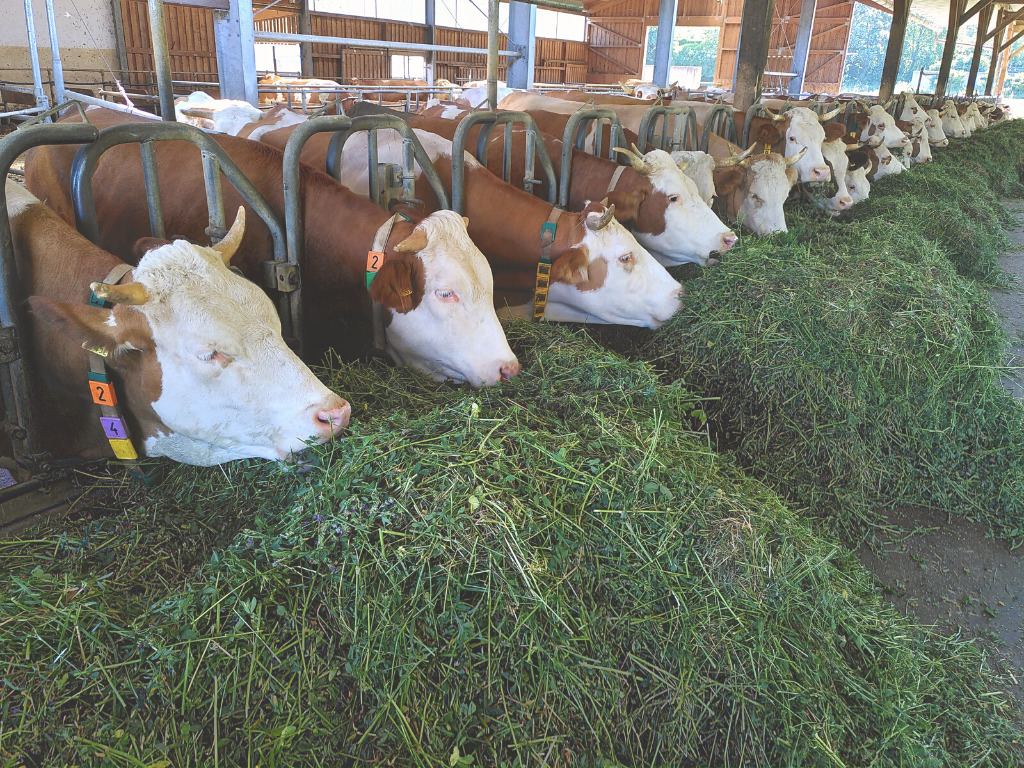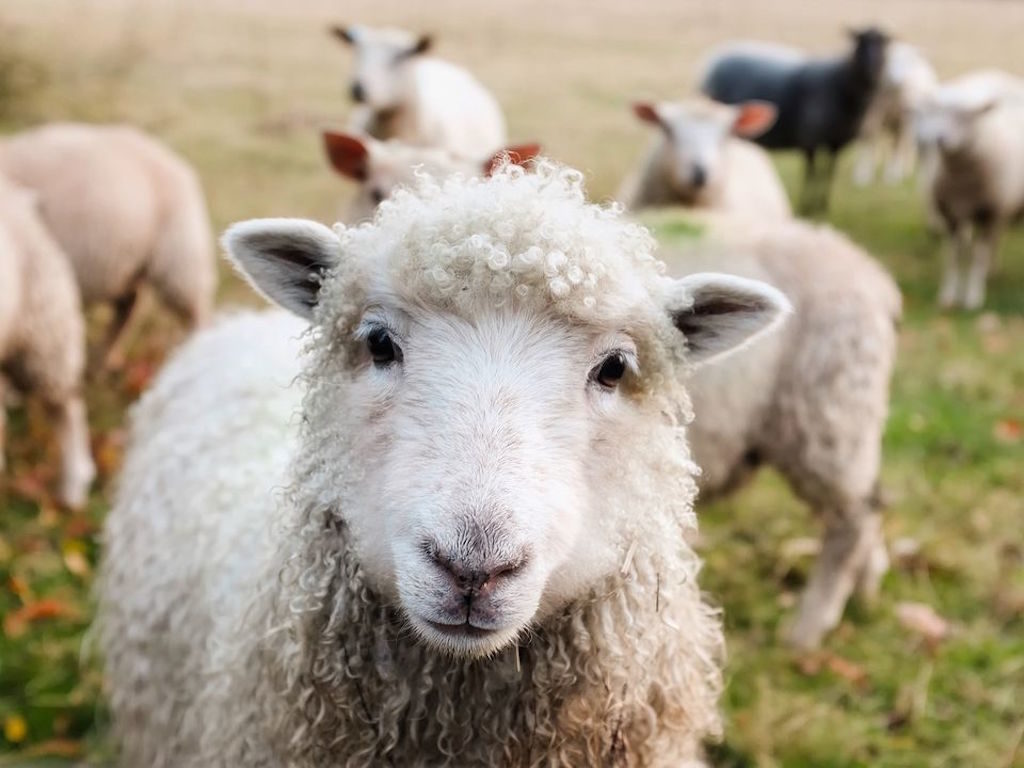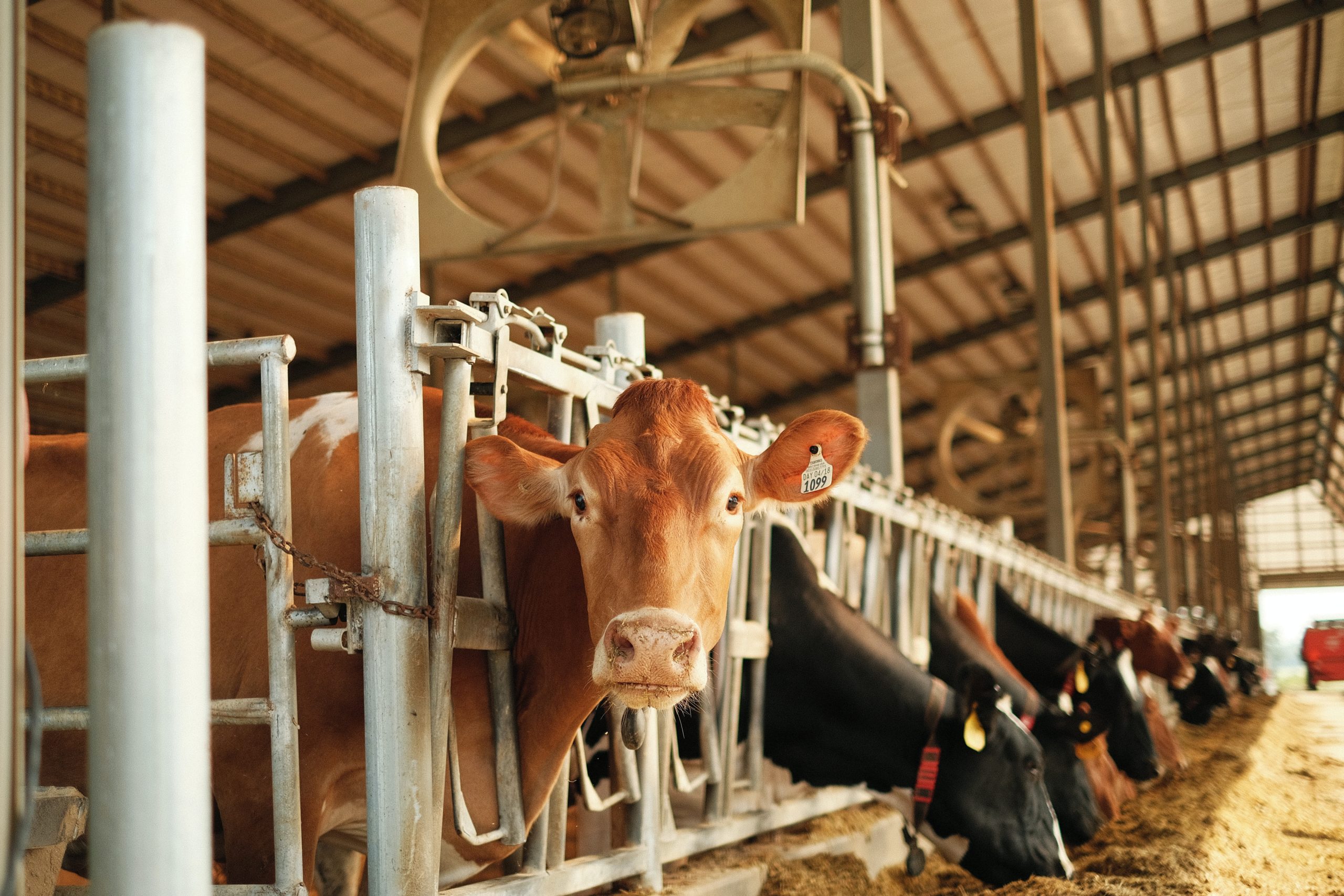New Zealand’s ‘Burp Tax’ Would Help Reduce Emissions From Livestock
3 Mins Read
With more than ten million cows and more than 26 million sheep, New Zealand’s agriculture sector makes up nearly half of its greenhouse gas emissions. A new ‘burp tax’ could change that.
With just about five million people, sheep and cattle greatly outnumber New Zealand’s population, and the Ministry of Environment says their emissions need to be accounted for. Under a proposed plan, the country will put a price on sheep and cow burps to help the island nation reduce its carbon footprint.
The burp tax
If passed, the move will make New Zealand the first country with this kind of legislation—it would make farmers responsible for paying a tax on the emissions produced by livestock beginning in 2025.
“There is no question that we need to cut the amount of methane we are putting into the atmosphere, and an effective emissions pricing system for agriculture will play a key part in how we achieve that,” Climate Change Minister James Shaw said in a statement.

The move represents the biggest regulatory shift in the country’s farming community since it removed agricultural subsidies in the 1980s.
“Our recommendations enable sustainable food and fiber production for future generations while playing a fair part in meeting our country’s climate commitments,” said Michael Ahie, chair of the primary sector partnership, He Waka Eke Noa.
Methane
Methane was singled out in the recent IPCC report. While it’s shorter-lived in the atmosphere than carbon dioxide, it traps more heat, accelerating the impact of global warming. The IPCC called for at least a 30 percent reduction in methane in the next several years. Cows produce about 40 percent of global methane. The agriculture sector is responsible for about 15 percent of all emissions.
A NOAA study published in April found methane emissions increased significantly in 2021.

“Our data show that global emissions continue to move in the wrong direction at a rapid pace,” Rick Spinrad, the NOAA administrator, said in a statement. “The evidence is consistent, alarming, and undeniable. We need to build a Climate Ready Nation to adapt for what’s already here and prepare for what’s to come. At the same time, we can no longer afford to delay urgent and effective action needed to address the cause of the problem — greenhouse gas pollution.”
Under the plan, New Zealand’s government would price out short and long-lived gases, pricing them out separately. Farmers who work to reduce emissions through feed additives such as algae would receive incentives. Farmers would also receive incentives for re-wilding parts of their land to offset emissions.
Revenues from the burp tax would go to fund research and development efforts to further reduce New Zealand’s agricultural emissions. A final decision is expected before the end of the year.
Lead Photo by Austin Santaniello at Unsplash




